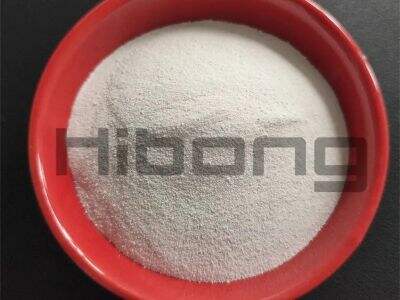Application of zinc sulfate can be a great benefit to many crops by increasing their nutrient uptake and general health. As a respected industrial manufacturer, Shellight knows the value of maximizing crop output through sound agricultural strategies. Understanding the best crops that receive a boost when using zinc sulfate and how it increases nutrient consumption helps farmers to improve growth and quality of produce
Best Crops for Zinc Sulfate Application
Zinc sulfate use is also important for the growth and development of plants including corn, wheat and citrus fruits. These crops have demonstrated dramatic yield and quality improvements through correct soil application of zinc sulfate. Zinc is the preferred treatment because it provides a quicker fix, the application can take effect within two weeks, whereas limestone takes six months. For instance, corn plants receiving application of zinc sulfate have healthier stalks and are less susceptible to disease. In wheat too, zinc sulfate in combination promotes increase in grain development and protein contents. Application Results maintaining temperature sufficiently high. Addition of sulphate in the soil has favored higher fruit setting and better colouring of the oranges and lemons. Similarly, for copper and zinc fertilizer. Applicative potential are known in citrus, especially for dormant sprays on trees infected by canker or other fungal rose diseases. In general those top crops show a wonderful response by zinc sulfate, and have got better yields to the farmers
EnhANCEMENT OF MICRONUTRIENT ION EXCHANGE THROUGH THE APPLICATION Of ZINC SULFATE
Zinc sulphate is essential for nutrient absorption in plants, and can significantly enhance growth and development. When zinc sulfate is used to treat the soil, it enhances the availability of important nutrients like phosphorus and nitrogen. This then makes the nutrients more readily available to plants, for stronger and healthier crops. Zinc sulphate also helps the plant in synthesising proteins and other enzymes that serve well in different physiological functions. Zinc Sulfate application, by enhancing uptake and utilization of nutrients, makes it possible for plants to have all required resources. It is therefore likely that farmers could reap more fruits and vegetables of better quality from their fields
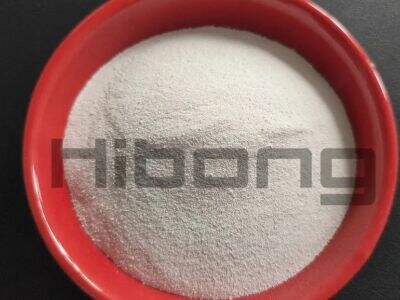
Soil Fertility Improvement by Means of Applying Zinc Sulfate
Zinc sulfate is one of important element for agriculture and it also can be used to increase soil fertility. When absorbed into the soil, zinc sulfate helps to restore the level of zinc in the ground needed for healthy crop growth. Zinc is a micronutrinent, required in small quantities but essential for several physiological processes of the plant. Source: Zambian Farmers apply zinc sulphate to the soil Such application of zinc to the soil can result in more fertile soils and increased crop yields
Improvement of Plant Growth by Foliar Application of Zinc Sulfate
Application of zinc sulfate Besides improving soil fertilization, the application of zinc sulfate could also promote plant growth. Zinc is an active participant in many enzymatic processes of the plant such as photosynthesis and protein synthesis. By making sure plants have access to enough zinc, farmers can promote the healthy growth and development of their crops. The application of zinc sulfate can similarly enhance the plant uptake mechanisms to absorb other valuable nutrients, viz., phosphorus and nitrogen which also result in an enhanced plant growth as well as yield
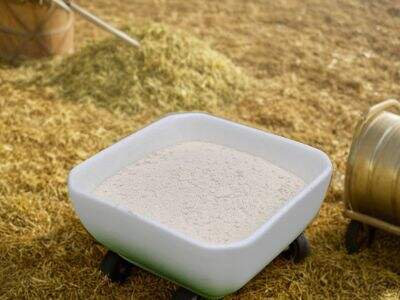
A Key to Successful Farming
Zinc sulfate application as a rate-limiting factor for profitable agriculture. Zinc sulfate can increase soil fertility and improve plant growth, enabling farmers to obtain better crop yields and quality. It is important that crops have a sufficient supply of zinc to promote healthy growth and achieve maximum yields. Therefore, use of Zinc Sulfate application in farming practices will make the difference for farmers who are would be successful in their core area. Shellight’s superior zinc sulphate products can help farmers to maximise the potential of their crops and facilitate a productive harvest season
 EN
EN
 AR
AR
 FR
FR
 KO
KO
 PT
PT
 RU
RU
 ES
ES
 ID
ID
 SW
SW
 BN
BN

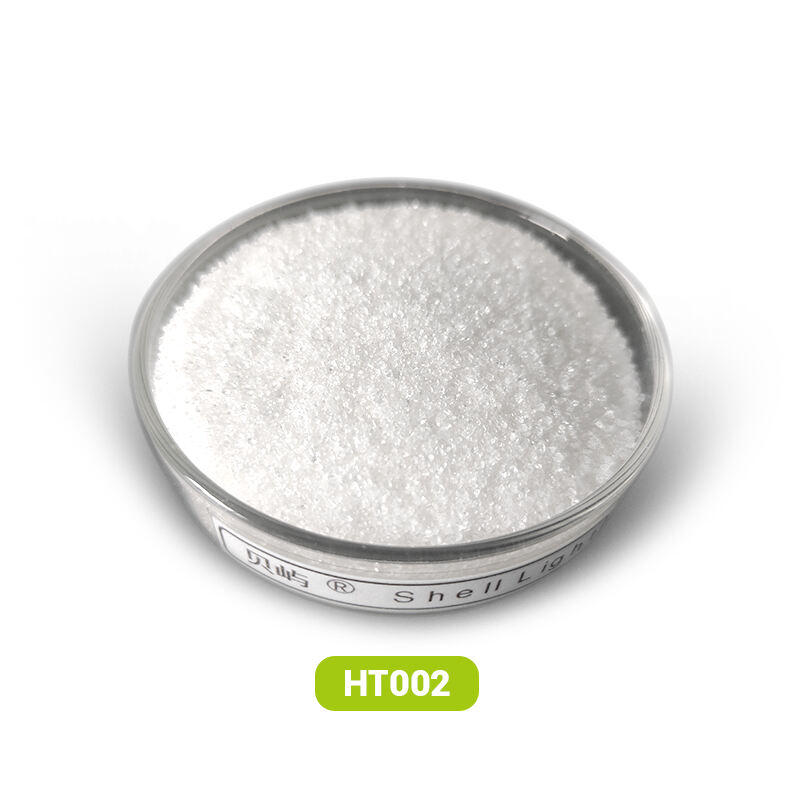 Super Water Absorbent Polymer Potassium Polyacrylate
Super Water Absorbent Polymer Potassium Polyacrylate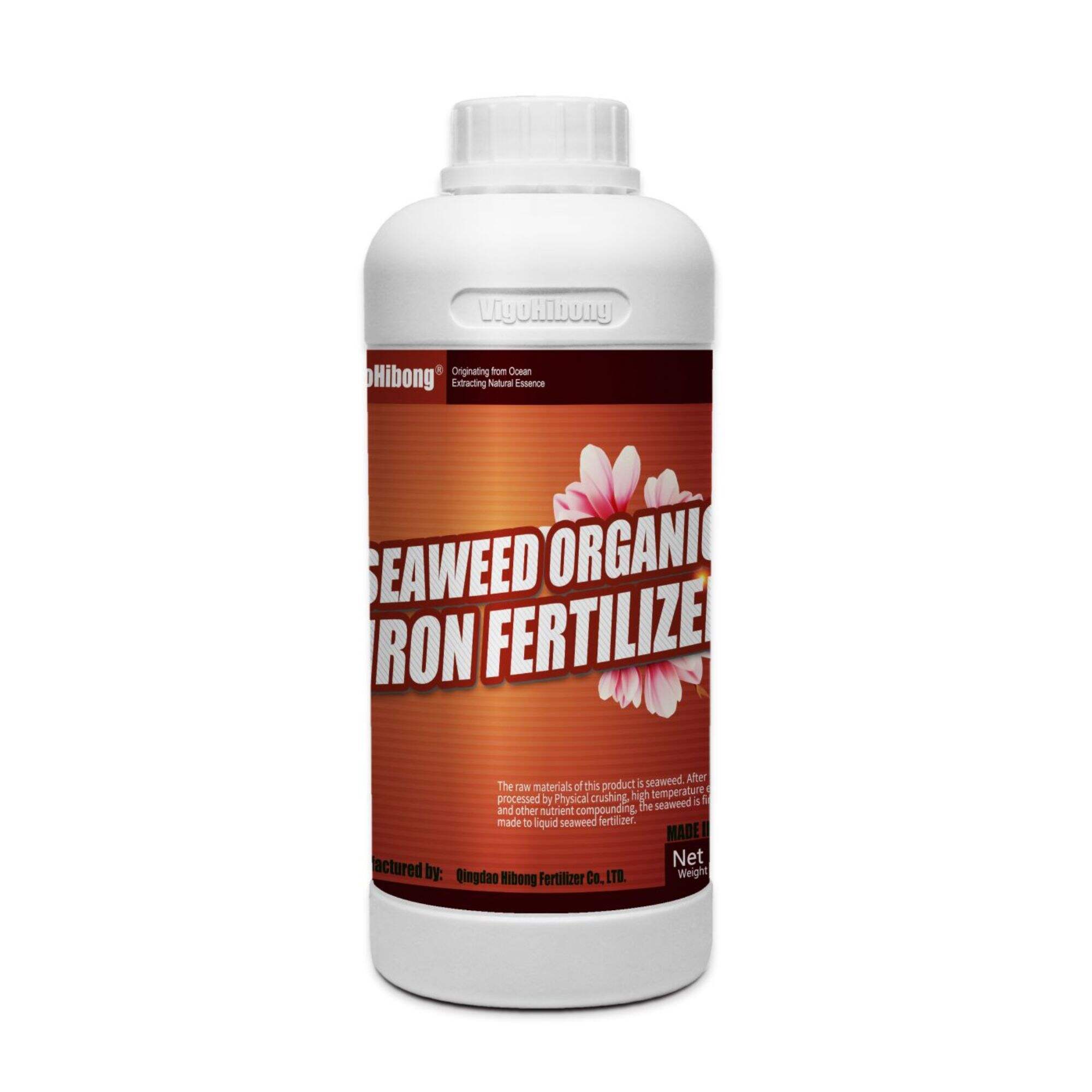 SEAWEED CHELATED IRON LIQUID FERTILIZER
SEAWEED CHELATED IRON LIQUID FERTILIZER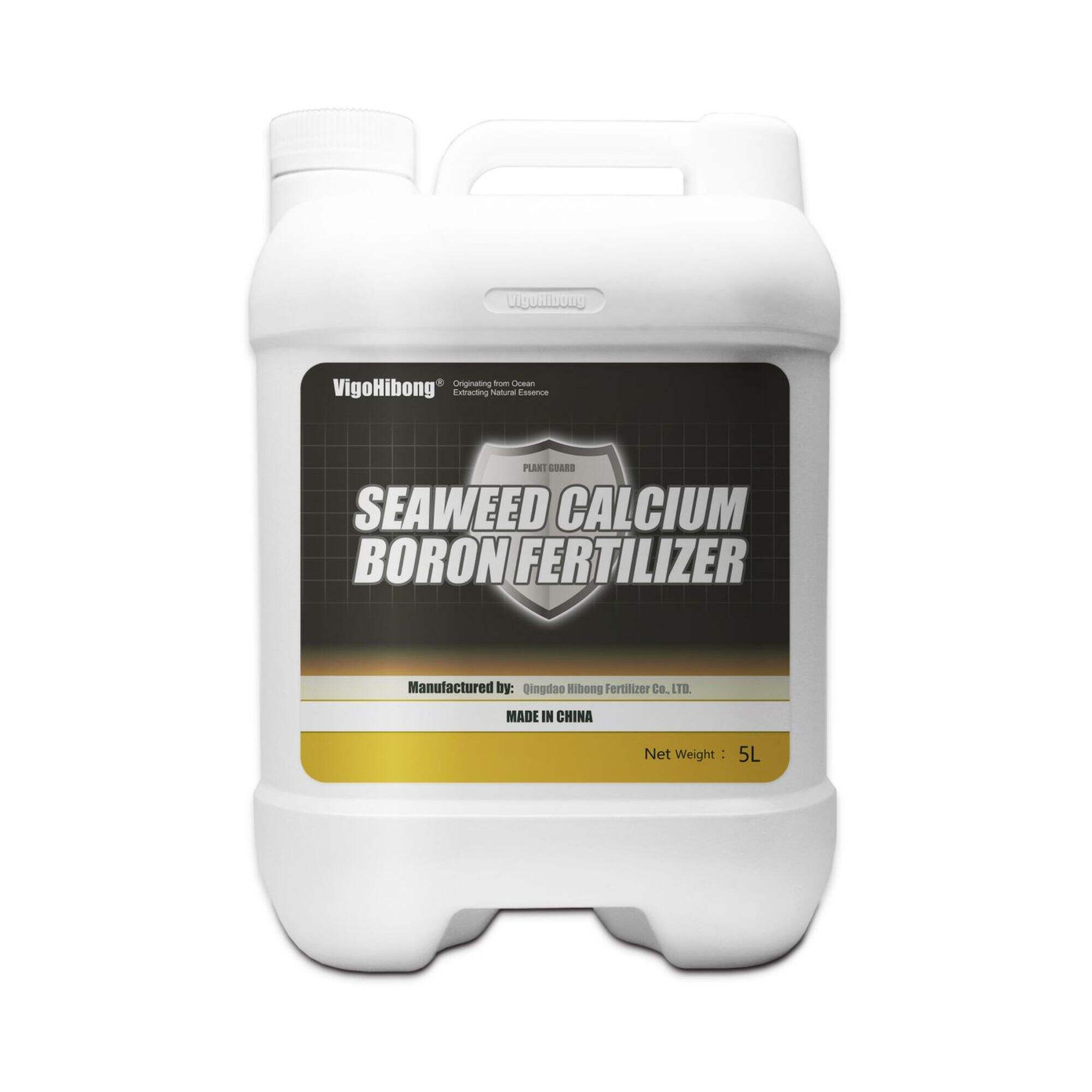 Seaweed Calcium Magnesium Liquid Fertilizer
Seaweed Calcium Magnesium Liquid Fertilizer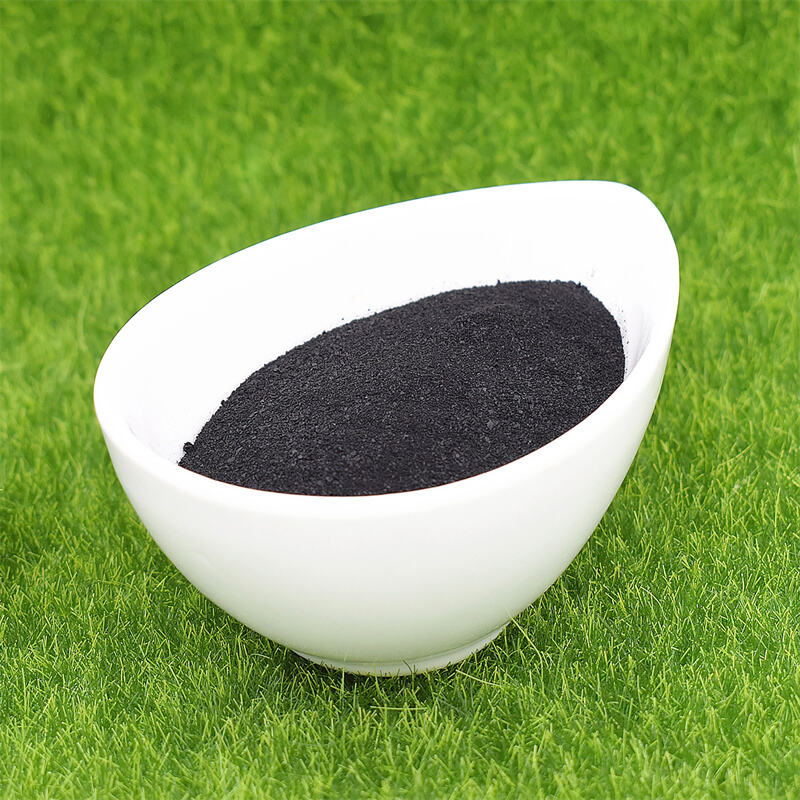 Seaweed Extract Powder
Seaweed Extract Powder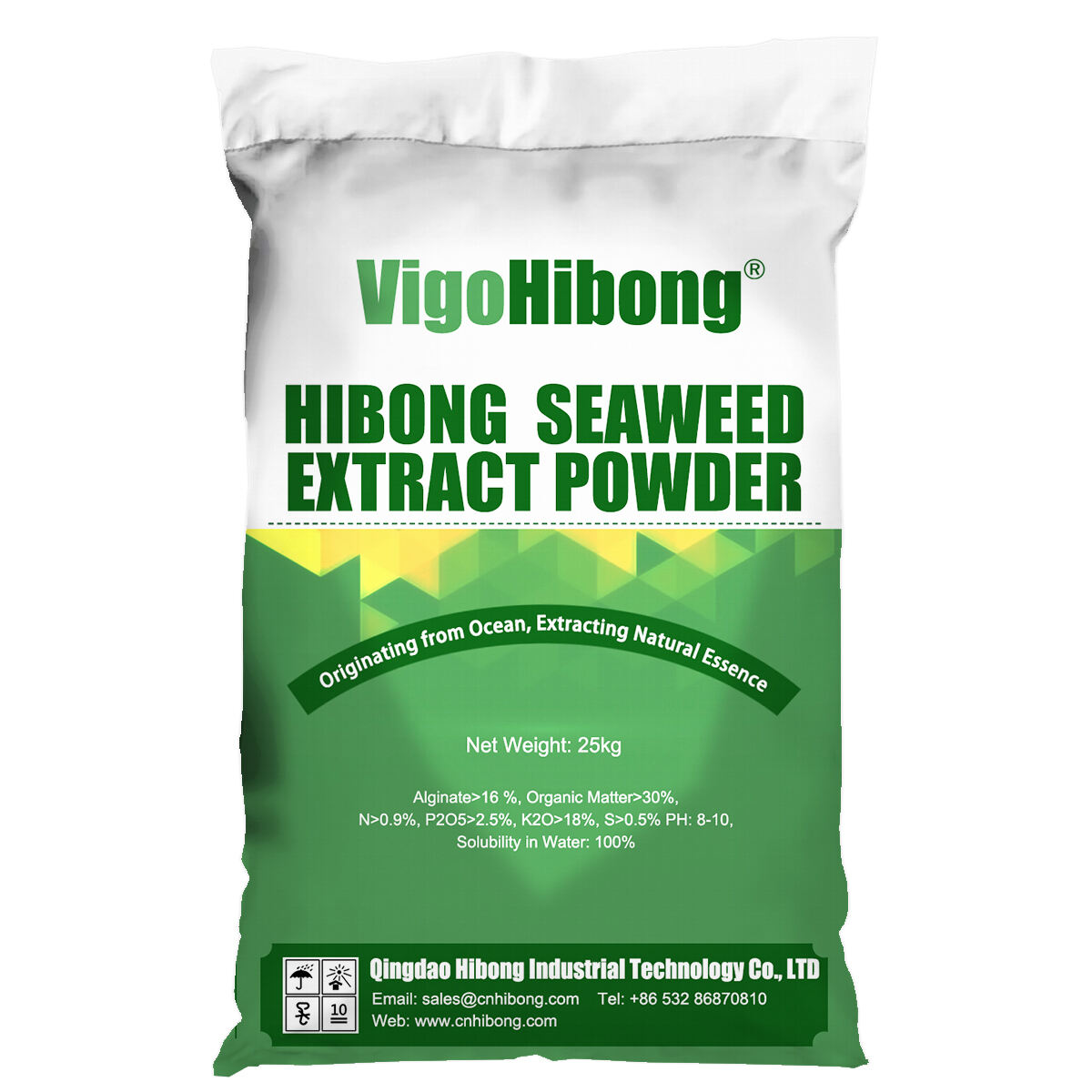 Seaweed Extract Flake
Seaweed Extract Flake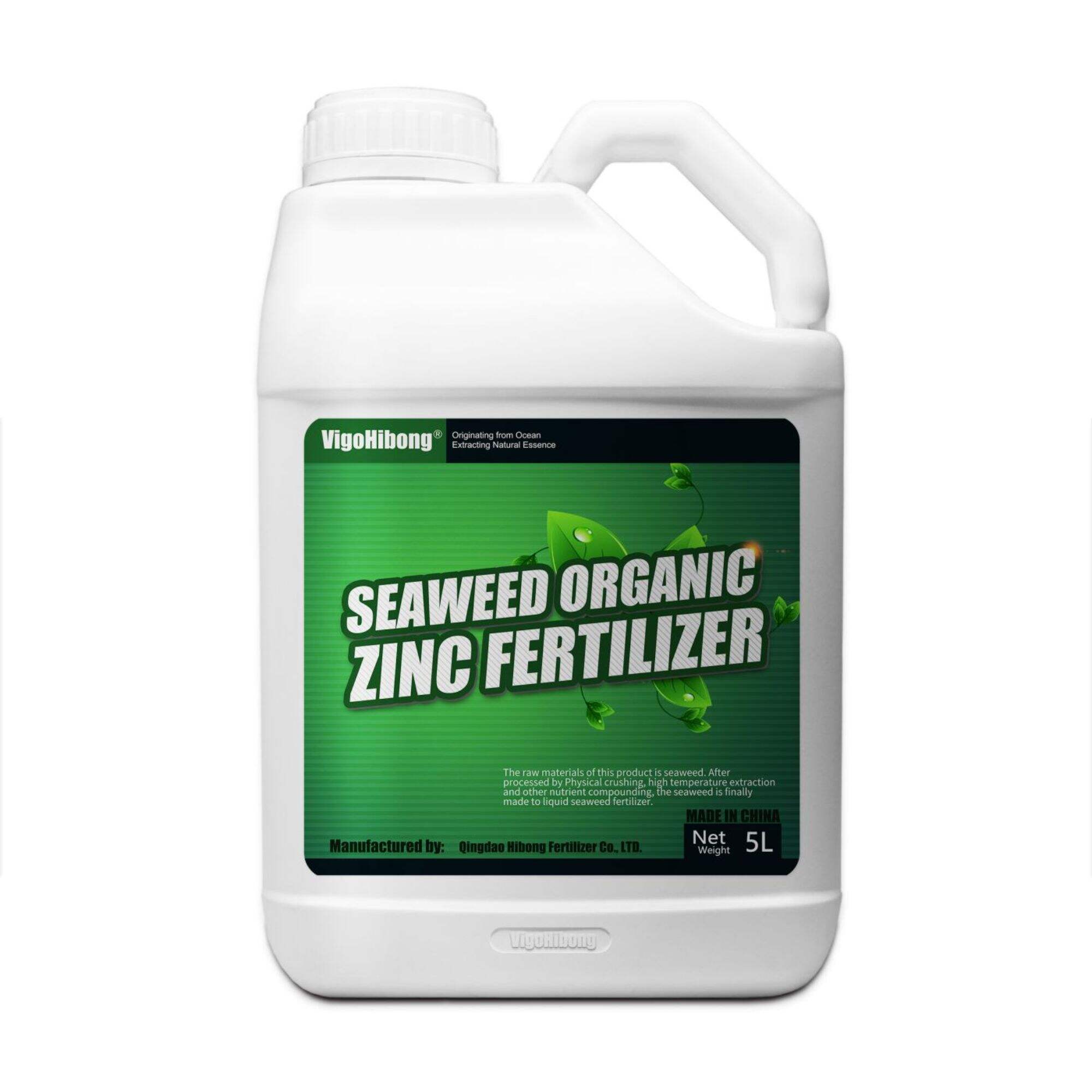 Seaweed Znic Liquid Fertilizer
Seaweed Znic Liquid Fertilizer Seaweed Liquid Silicon Fertilizer
Seaweed Liquid Silicon Fertilizer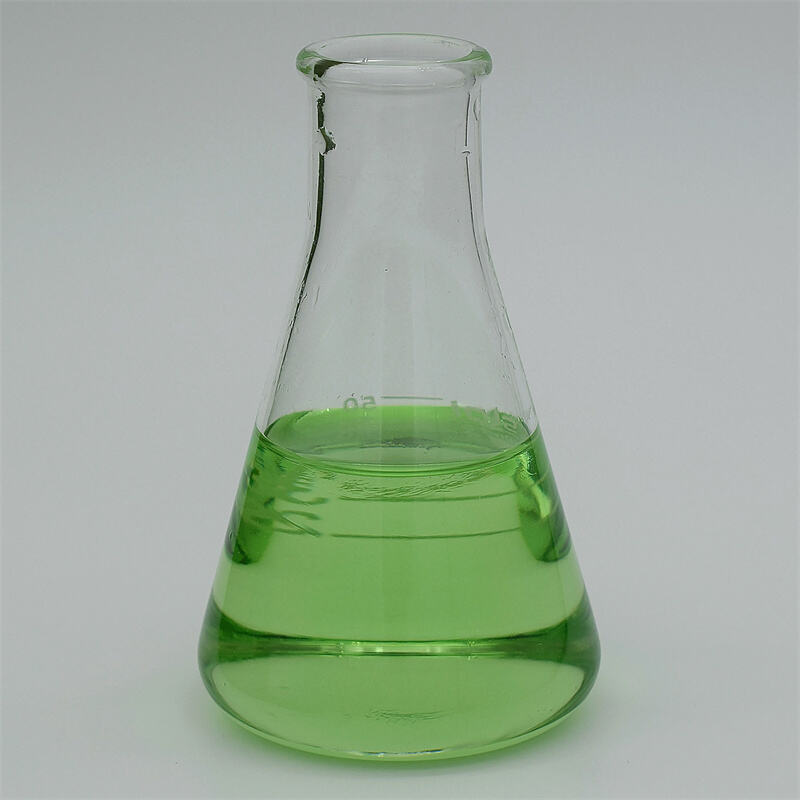 Liquid Seaweed Fertilizer
Liquid Seaweed Fertilizer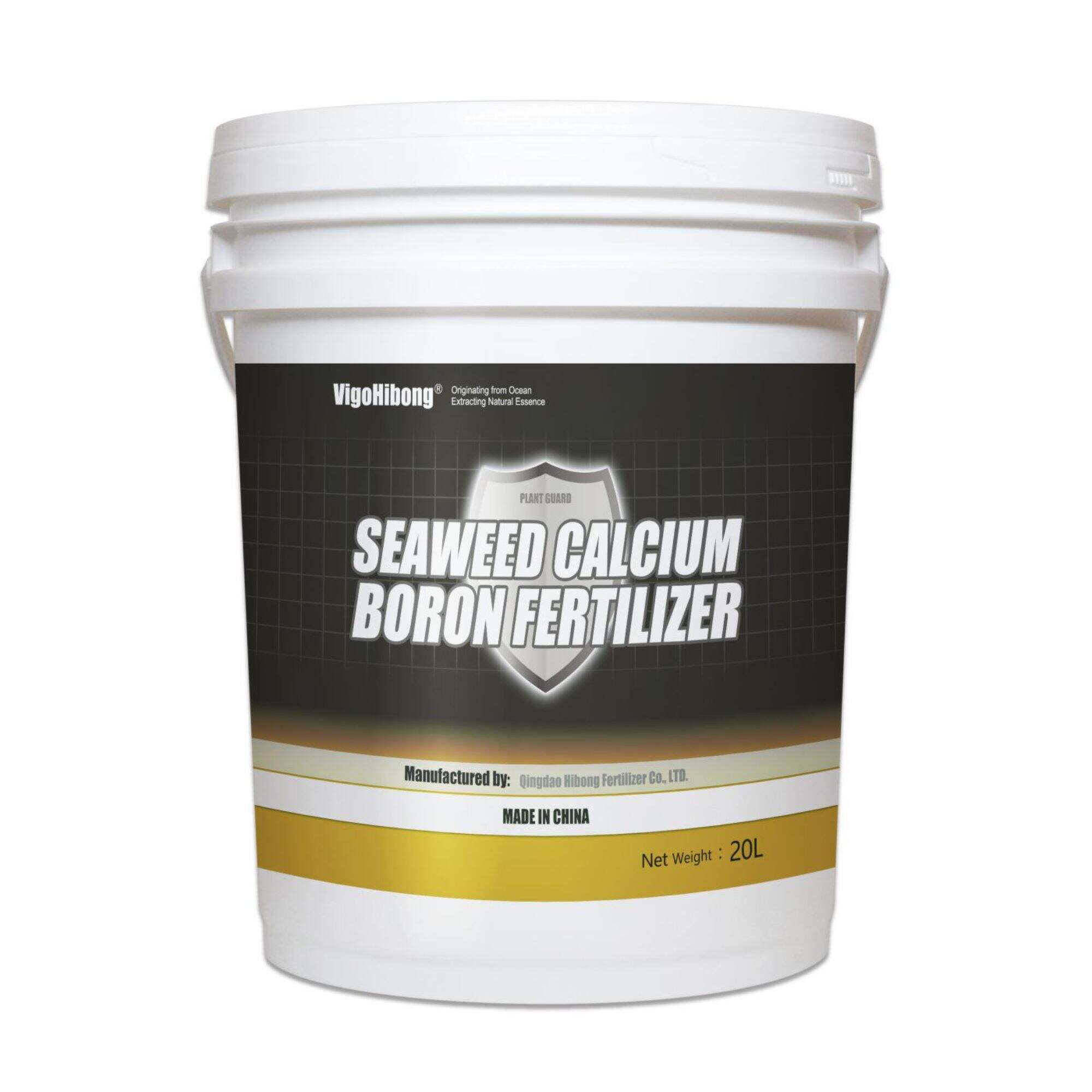 Seaweed Organic Liquid Calcium Boron Fertilizer
Seaweed Organic Liquid Calcium Boron Fertilizer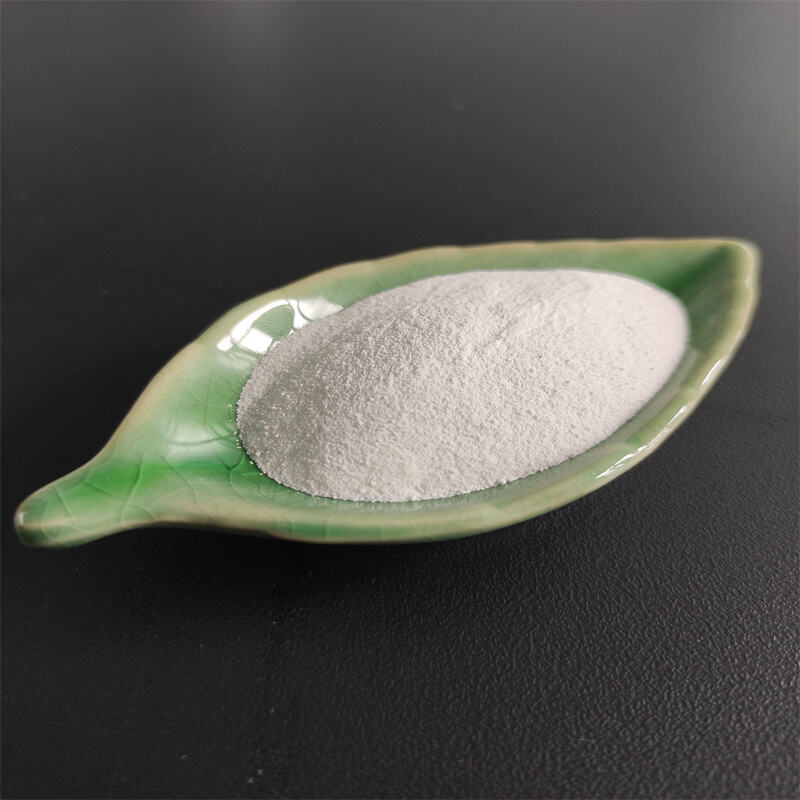 L-Cystine
L-Cystine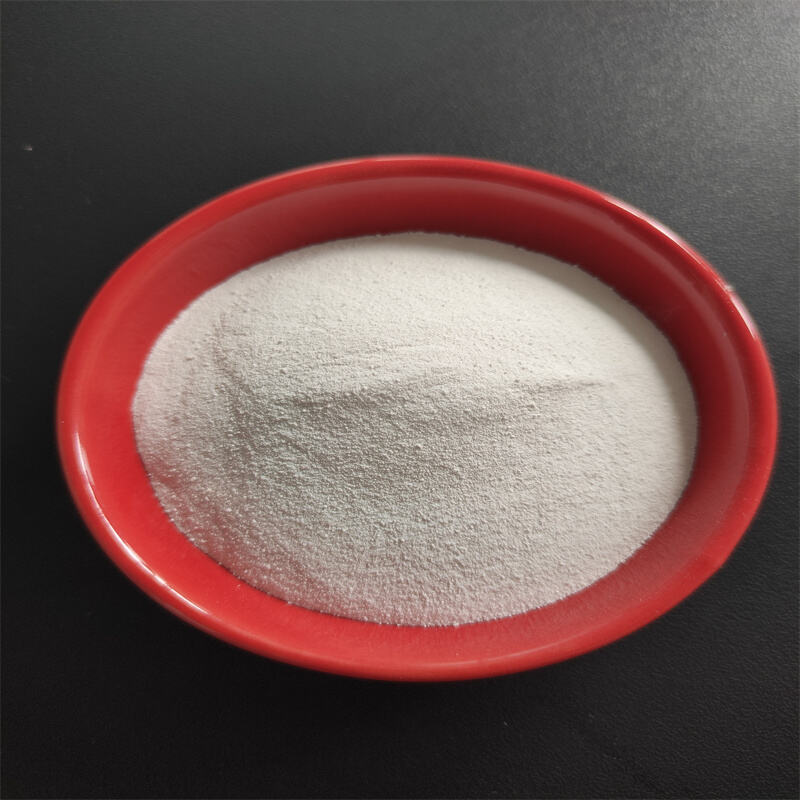 L-leucine
L-leucine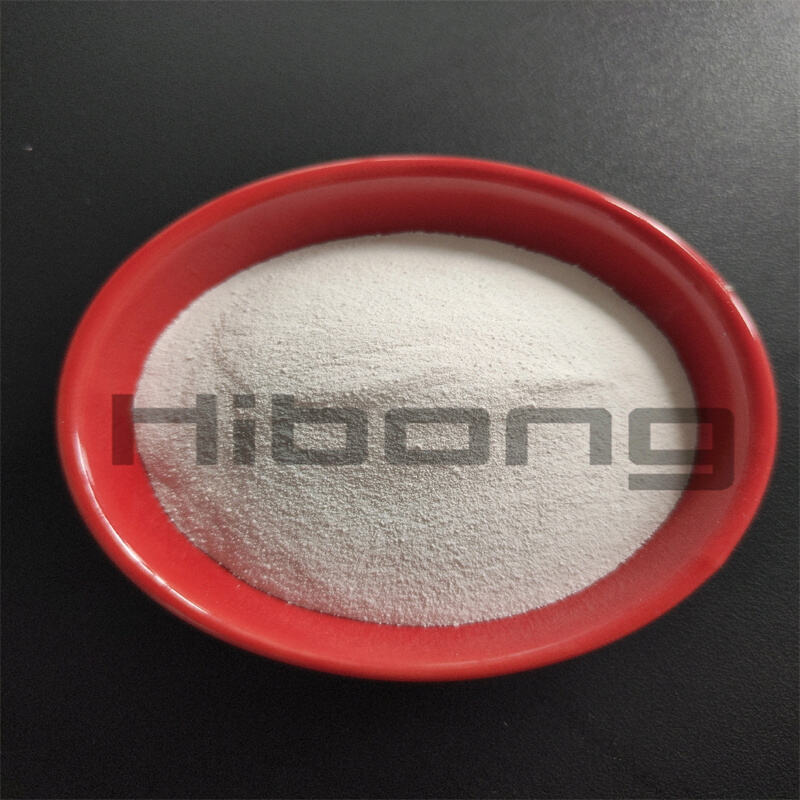 L-Cysteine
L-Cysteine 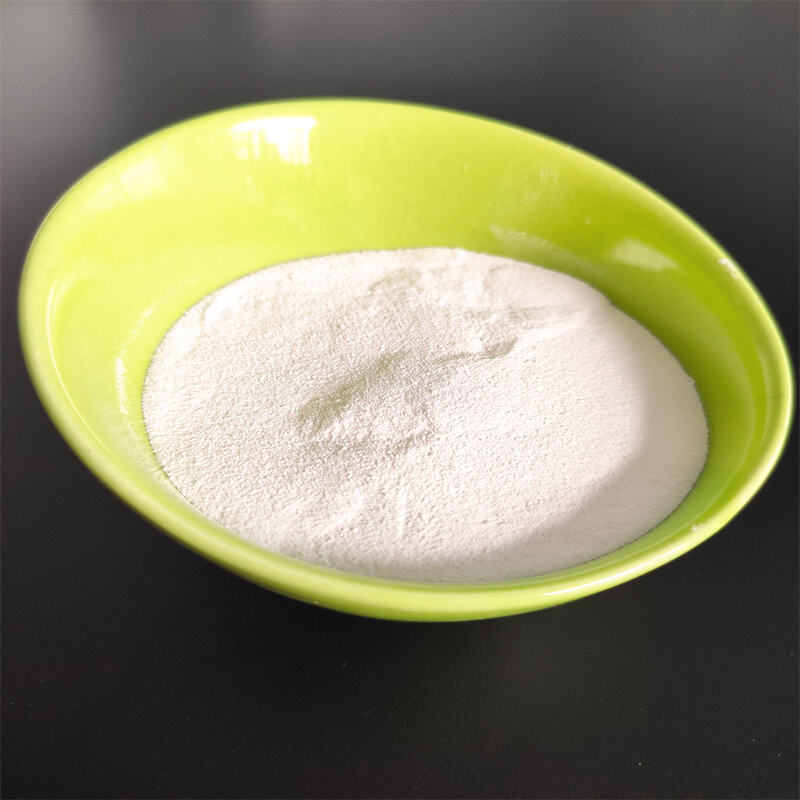 L-Arginine
L-Arginine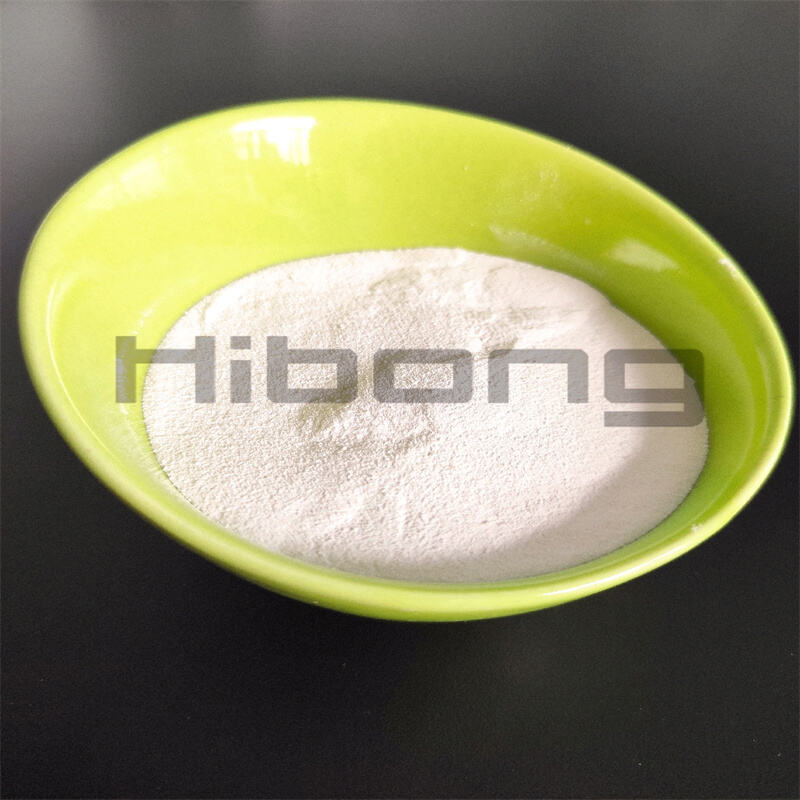 L-Lysine
L-Lysine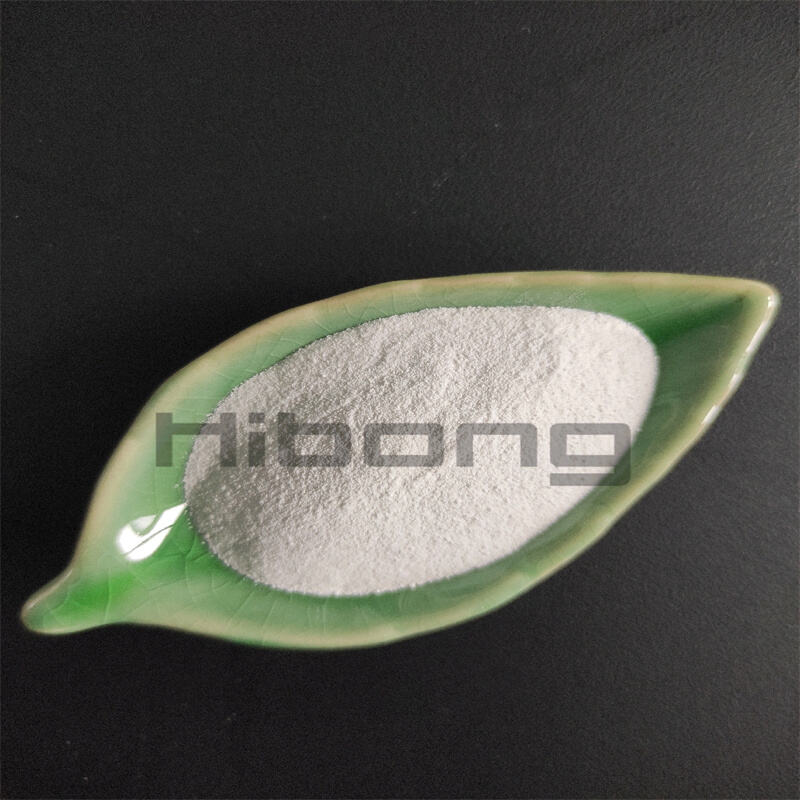 L-Thioproline
L-Thioproline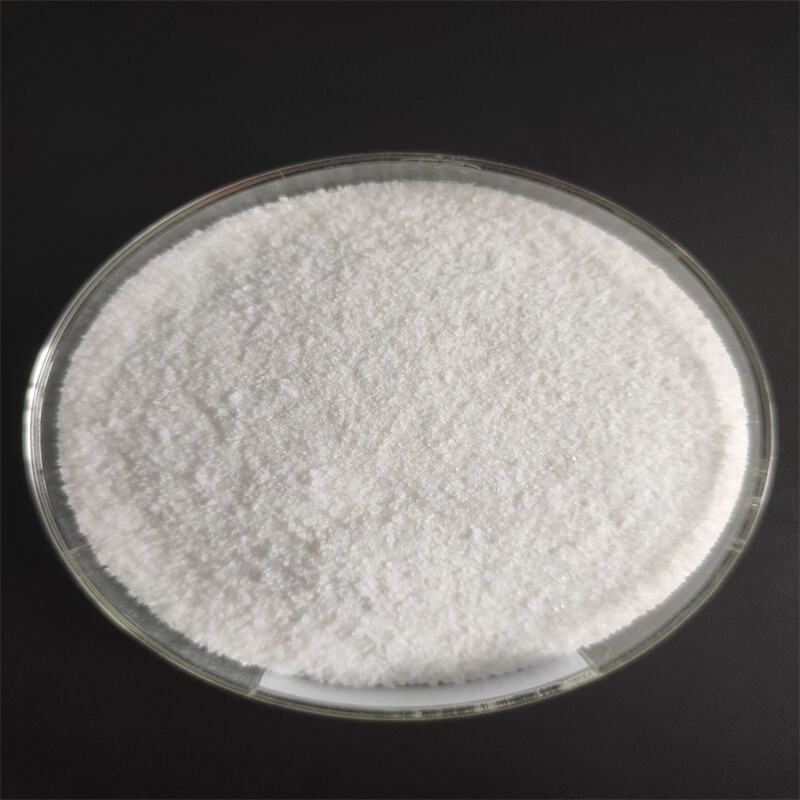 Aluminium sulphate
Aluminium sulphate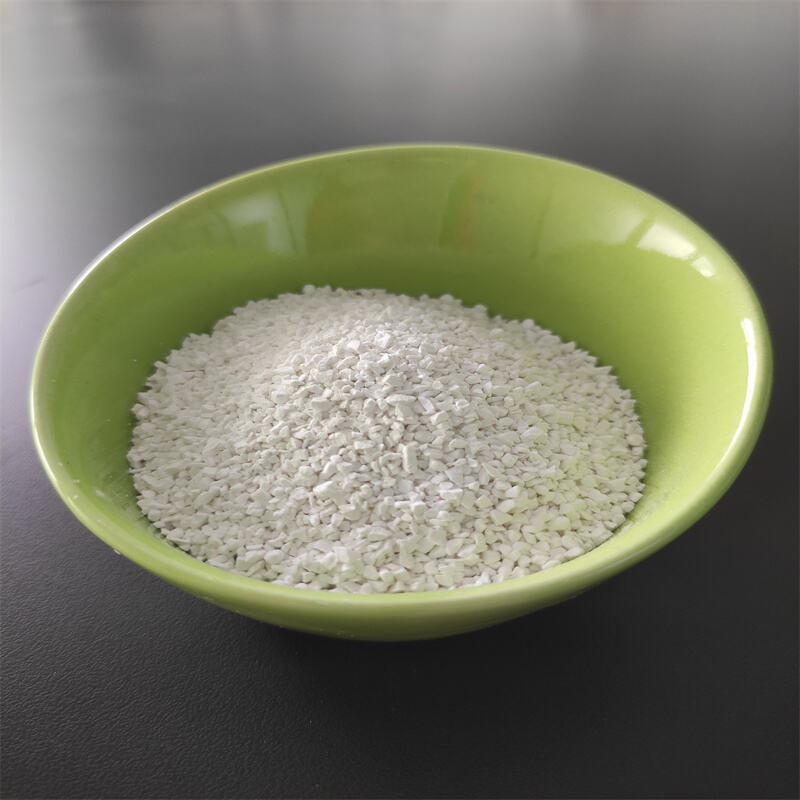 Calcium hypochlorite
Calcium hypochlorite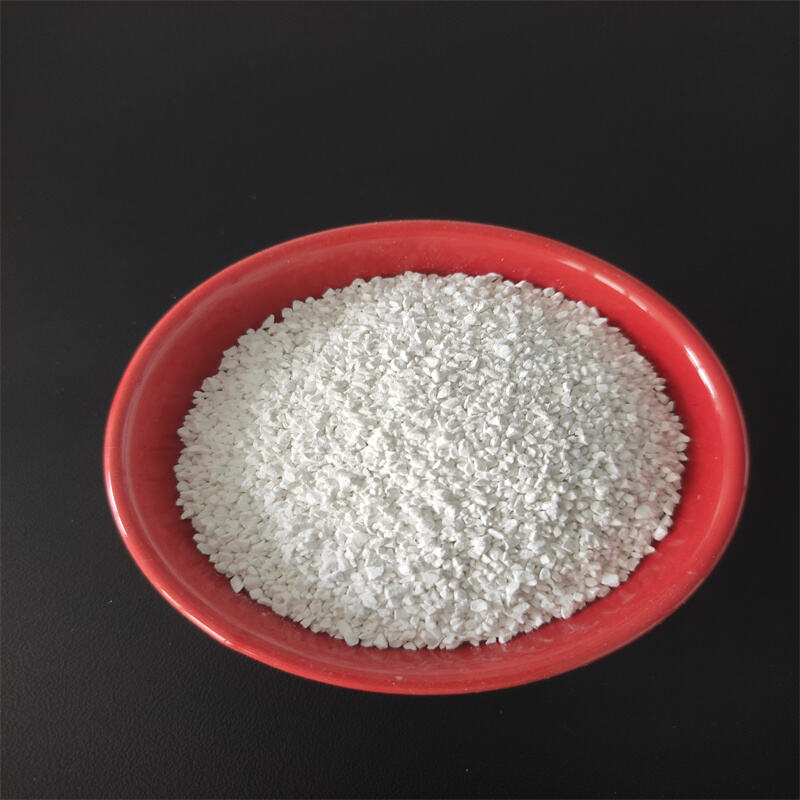 Chlorine dioxide
Chlorine dioxide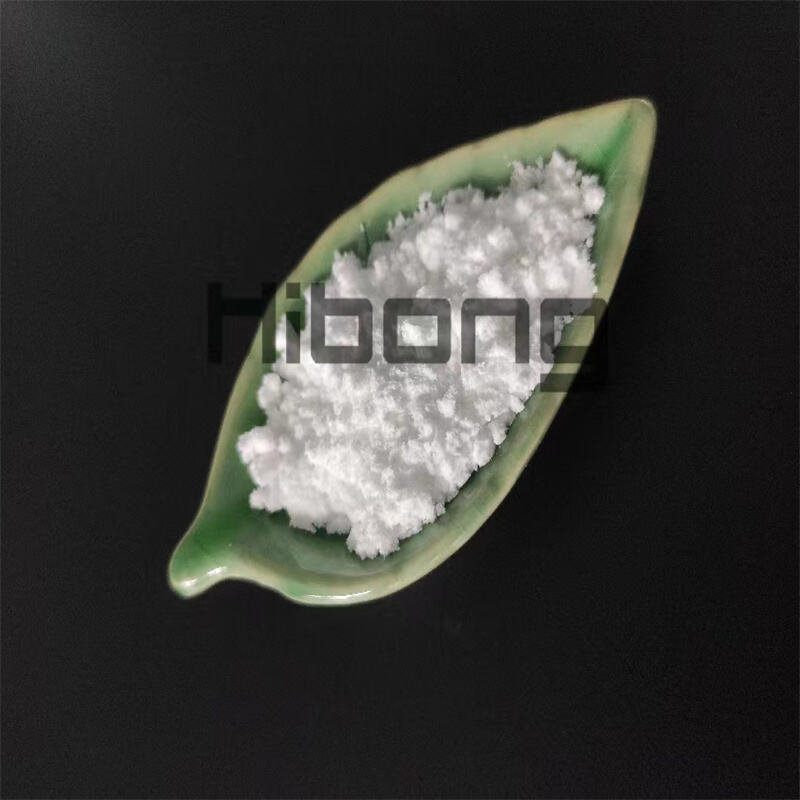 Cyanuric acid
Cyanuric acid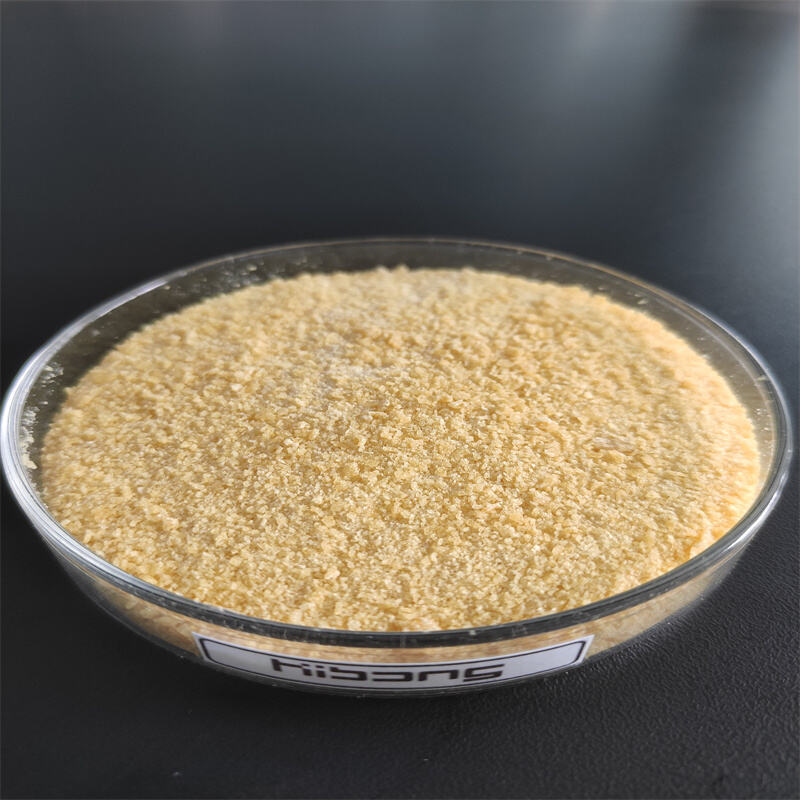 Polyaluminum Chloride
Polyaluminum Chloride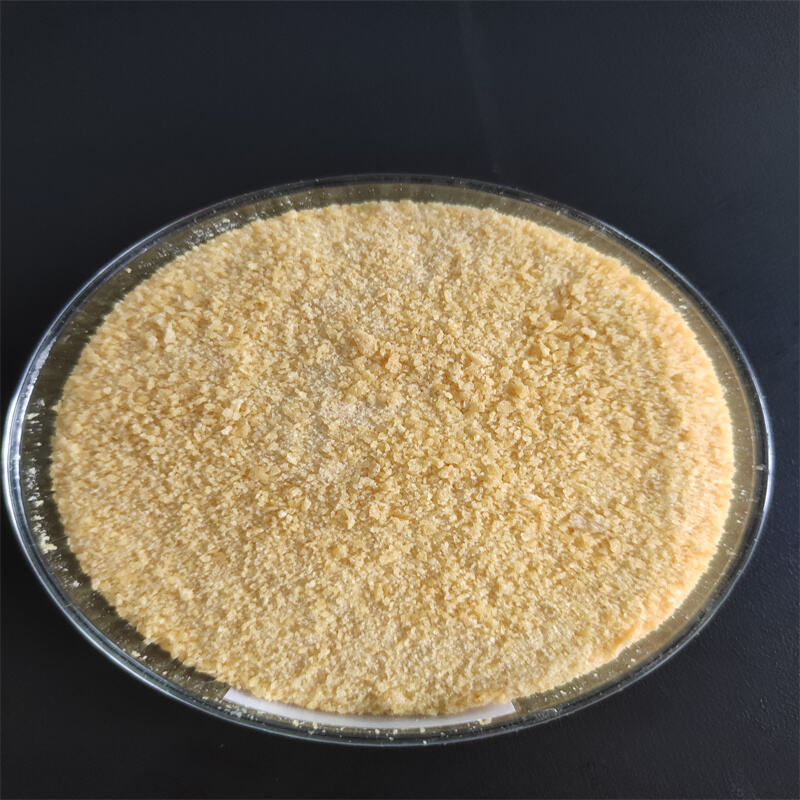 Polyacrylamide
Polyacrylamide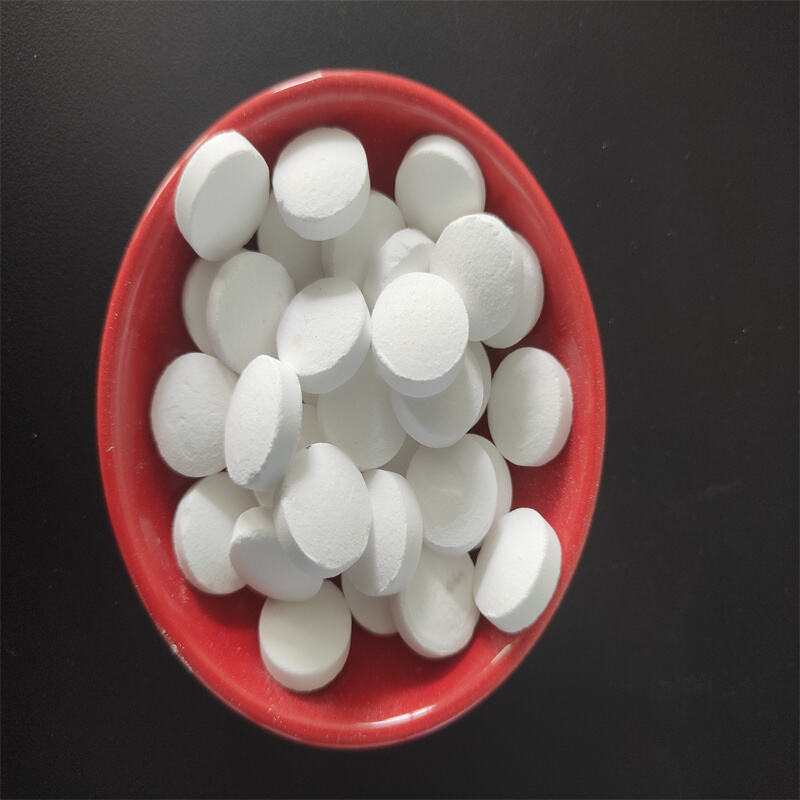 Sodium Dichloroisocyanurate (SDIC)
Sodium Dichloroisocyanurate (SDIC)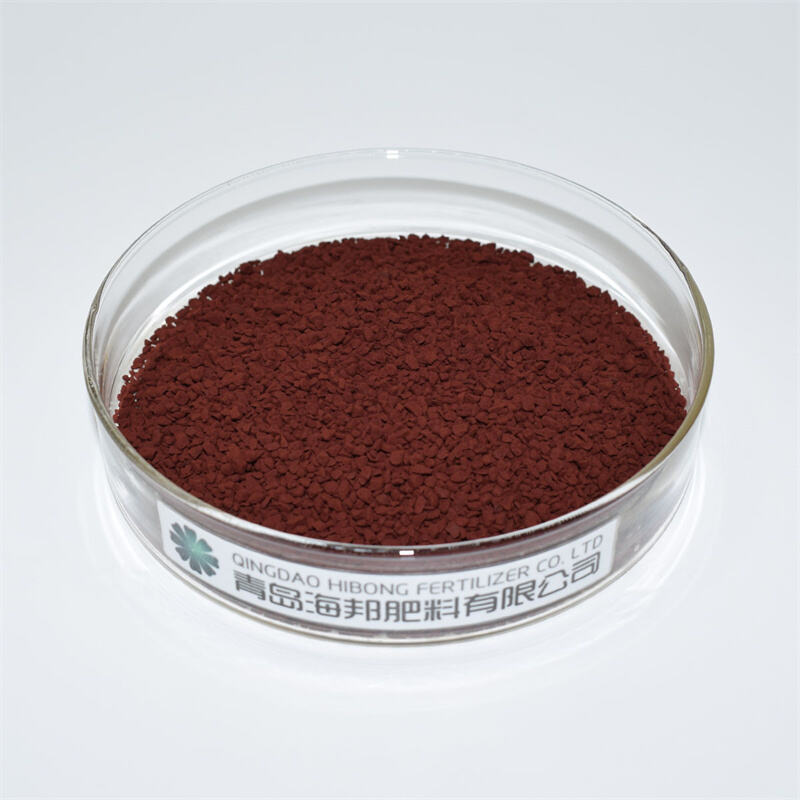 EDDHA Fe Powder
EDDHA Fe Powder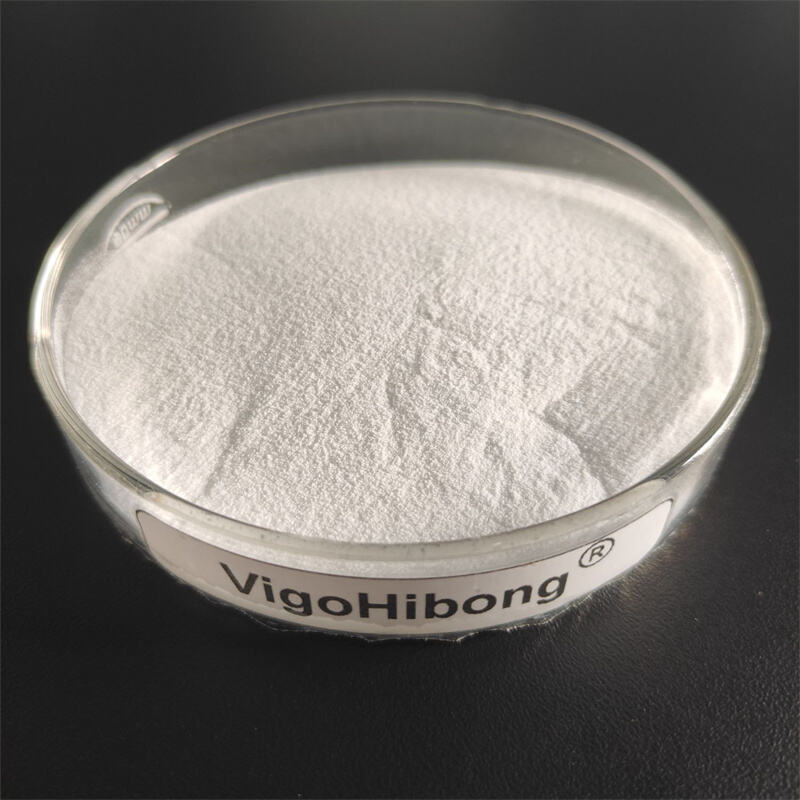 EDTA 2NA
EDTA 2NA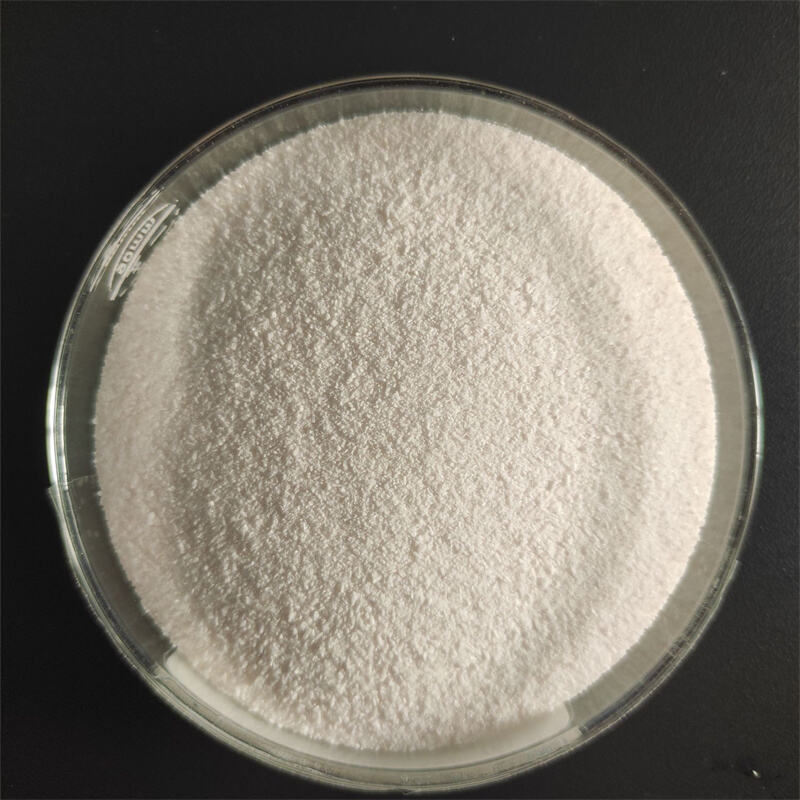 EDTA 4NA
EDTA 4NA 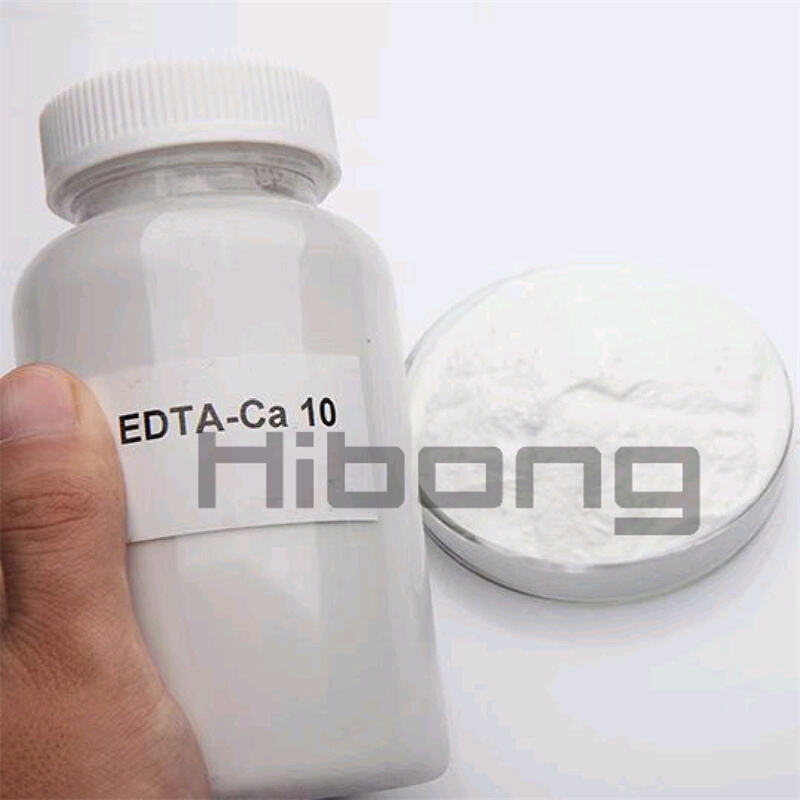 EDTA Ca
EDTA Ca Edta Cu 13%
Edta Cu 13%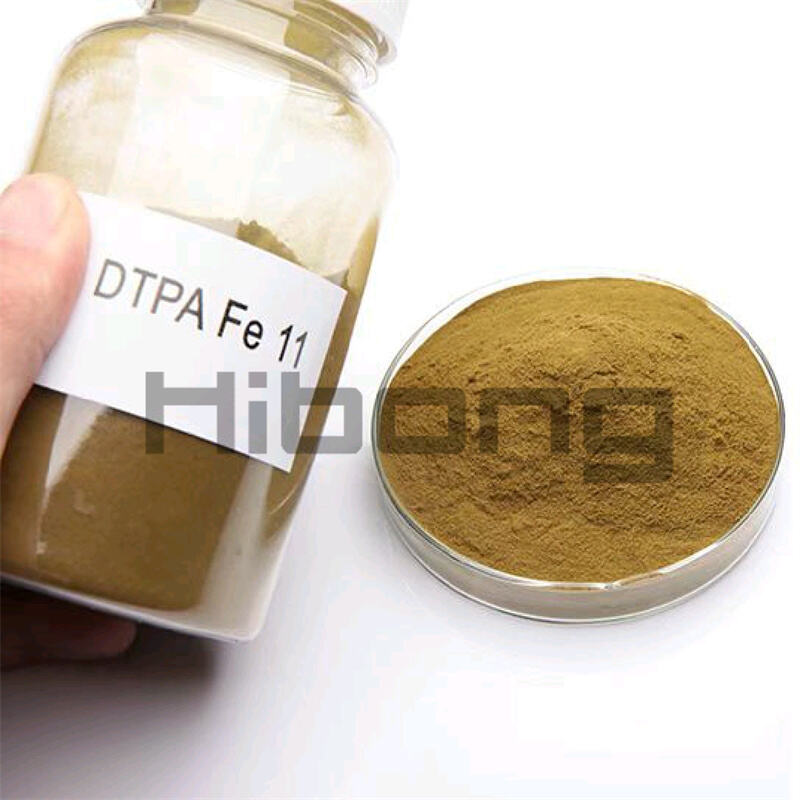 EDTA Fe
EDTA Fe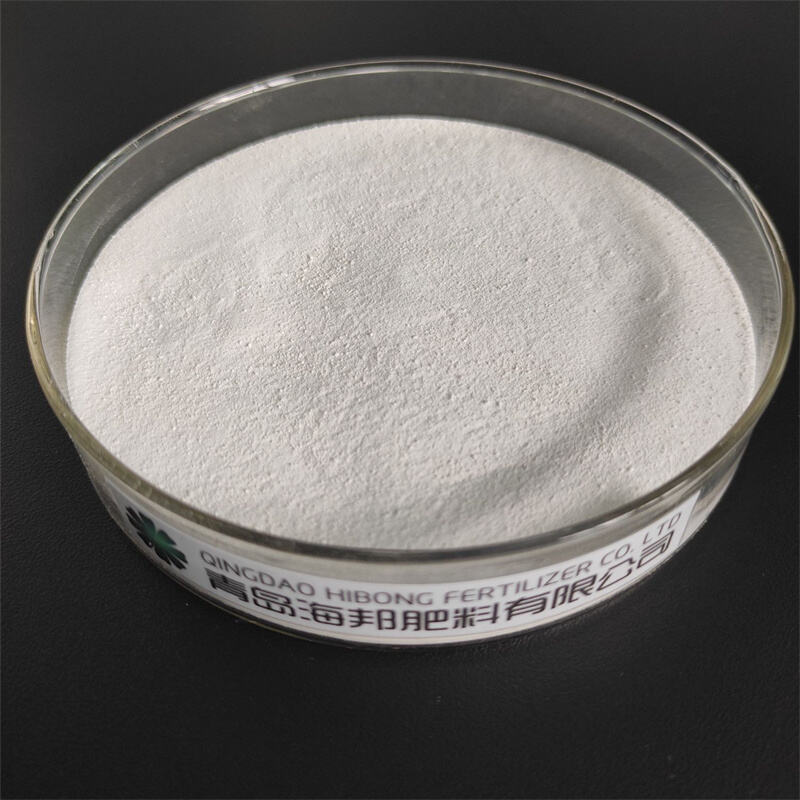 EDTA Mg
EDTA Mg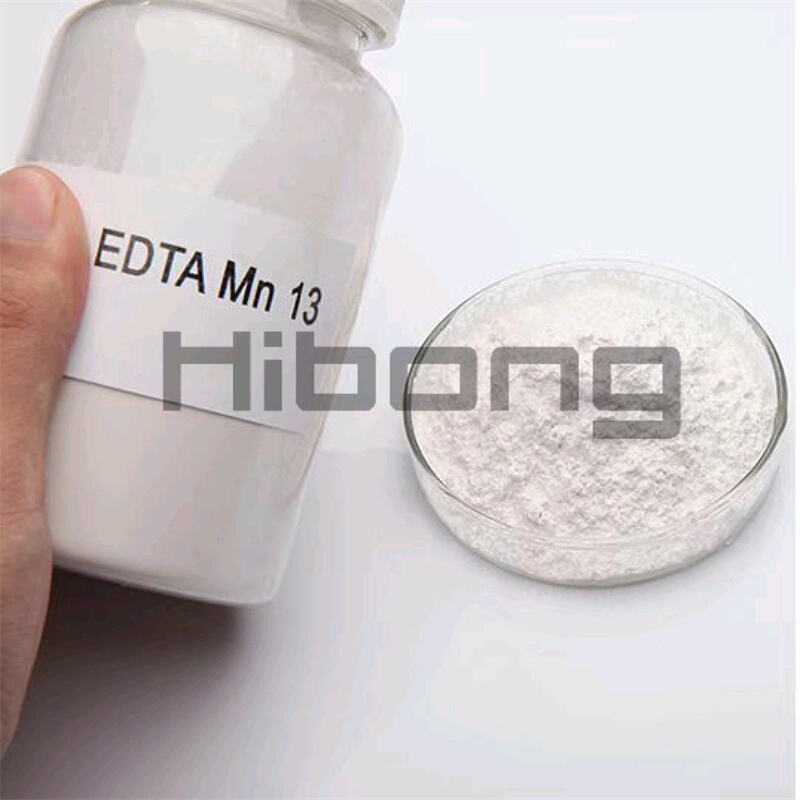 EDTA Mn
EDTA Mn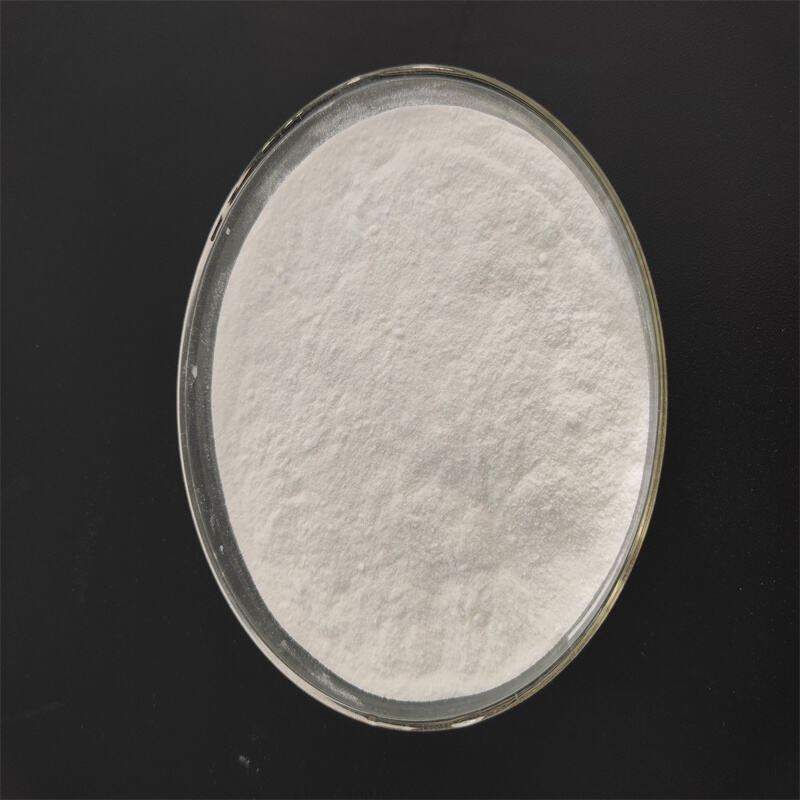 6-benzaminopurine(6BA)
6-benzaminopurine(6BA)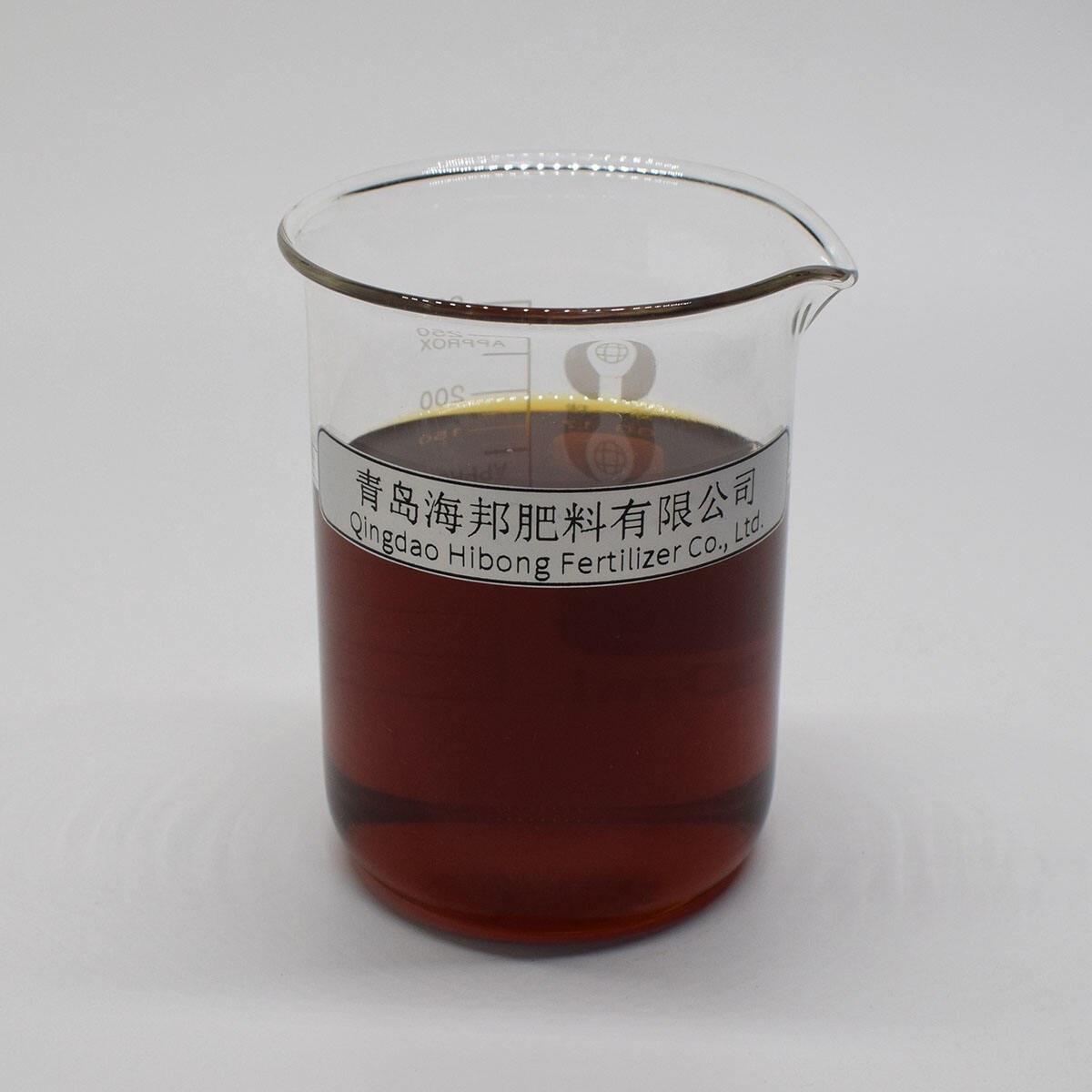 GA3 4% EC Liquid
GA3 4% EC Liquid GA3 10% TB 10g Tablet
GA3 10% TB 10g Tablet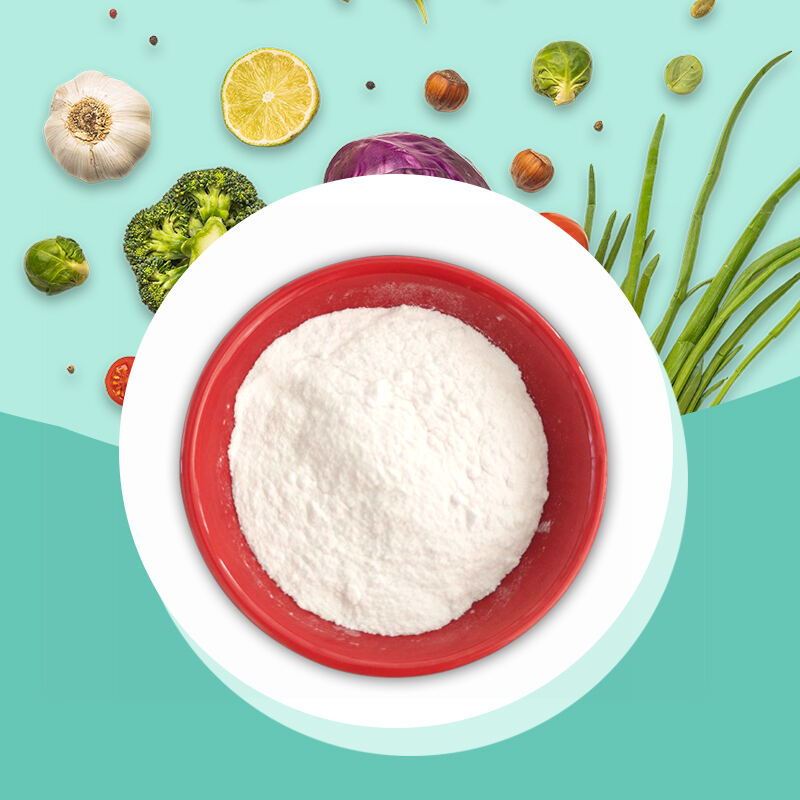 GA3 90% TC Powder
GA3 90% TC Powder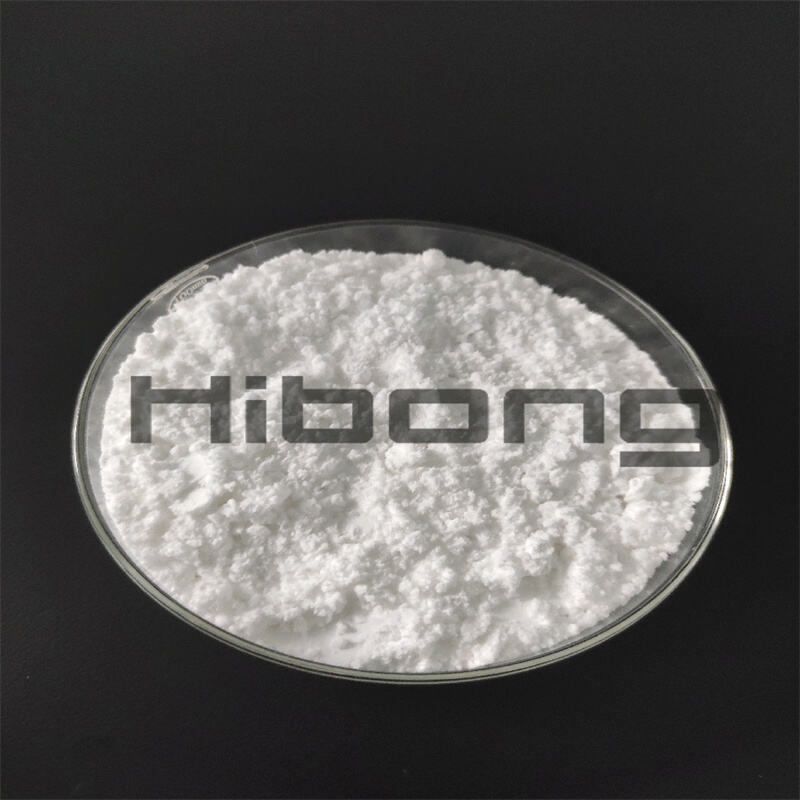 Diethylaminoethylhexanoate(DA6)
Diethylaminoethylhexanoate(DA6)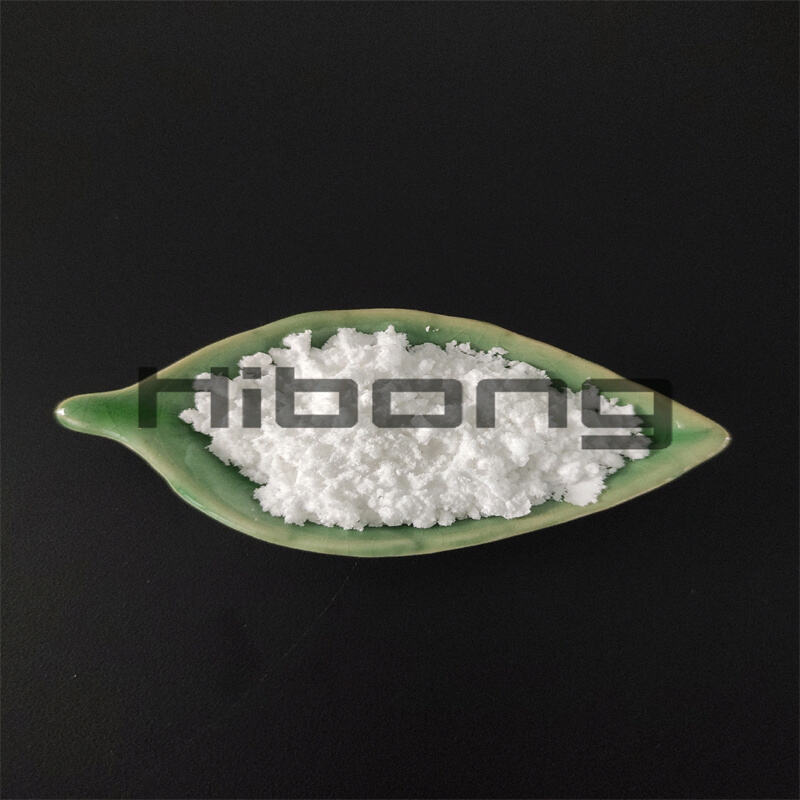 Paclobutrazol 15%WP powder
Paclobutrazol 15%WP powder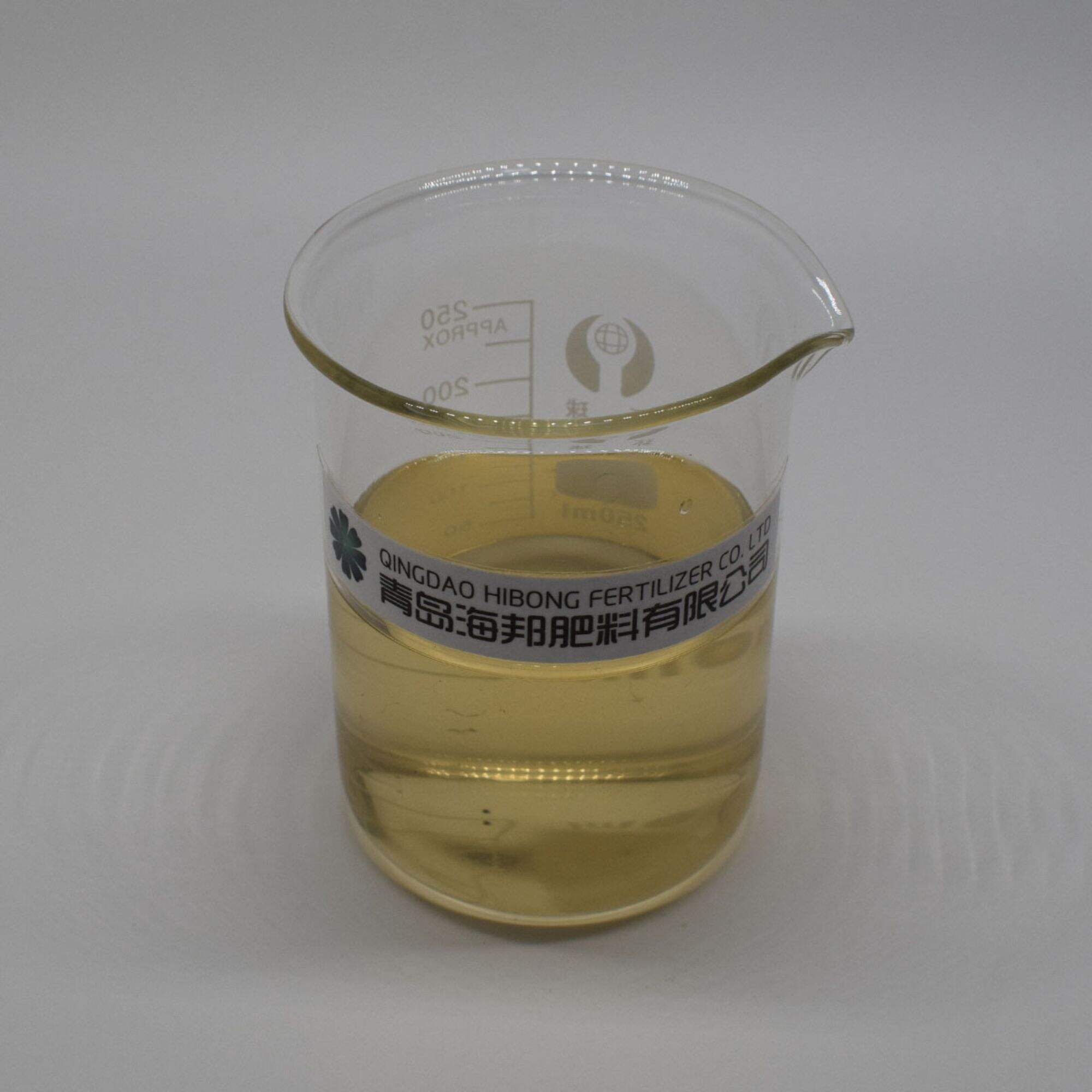 Paclobutrazol 25% suspension concentrate
Paclobutrazol 25% suspension concentrate
